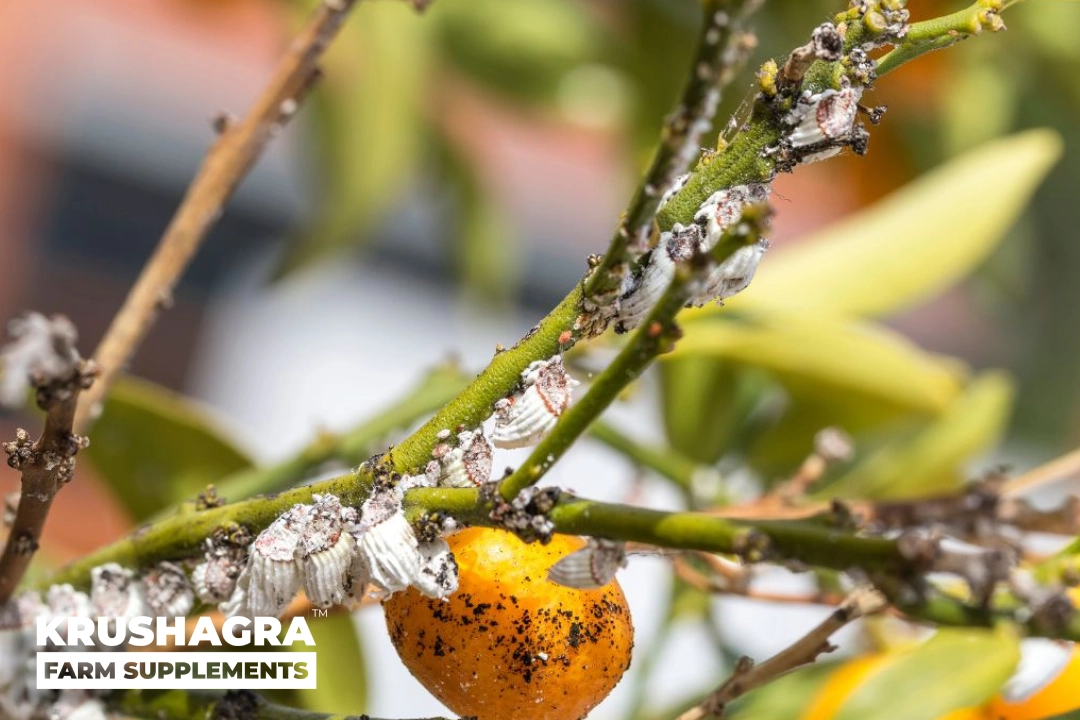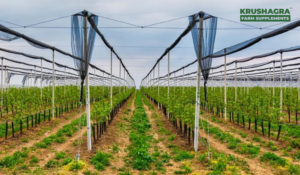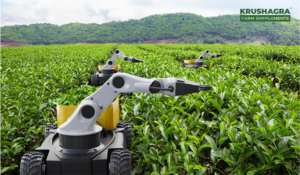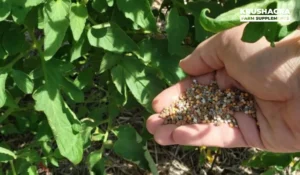Introduction
Pest management is a critical aspect of agriculture that ensures crop health and productivity. Sucking pests, such as aphids, whiteflies, and mites, pose significant threats to various crop types worldwide. Traditionally, chemical pesticides have been the primary means of controlling these pests. However, the widespread use of chemical pesticides has raised concerns about their detrimental effects on human health, the environment, and beneficial organisms. As a result, there has been a growing interest in alternative pest control methods, with biopesticides emerging as a sustainable and effective solution. In this blog post, we will explore the benefits of using biopesticides for controlling sucking pests in various crop types.
Benefits of Using Biopesticides for Controlling Sucking Pests
Reduced Environmental Impact
One of the significant advantages of biopesticides is their minimal impact on the environment. Unlike chemical pesticides, which can accumulate in soil and water bodies, biopesticides generally have low persistence and break down rapidly. This characteristic reduces the risk of water contamination, soil degradation, and negative impacts on non-target organisms such as pollinators, natural enemies, and other beneficial insects. By using biopesticides, farmers can effectively manage sucking pests while safeguarding the environment.
Safer for Human Health
Chemical pesticides pose potential health risks to farmers, farmworkers, and consumers who come into contact with treated crops. Biopesticides, on the other hand, are generally considered safer for human health due to their natural origin and lower toxicity. Farmers can apply biopesticides without wearing extensive protective gear, reducing the risk of exposure to harmful chemicals. Additionally, consumers can enjoy fruits and vegetables that are free from pesticide residues, promoting food safety and overall well-being.
Resistance Management
Sucking pests, like many other pests, can develop resistance to chemical pesticides over time. This resistance poses a significant challenge to conventional pest management strategies. Biopesticides, however, offer an alternative approach for managing resistance. Since they employ multiple modes of action, including physical barriers, repellency, and disruption of pest mating patterns, biopesticides can help delay the development of resistance. By integrating biopesticides into an integrated pest management (IPM) program, farmers can maintain effective control of sucking pests over the long term.
Compatibility with Integrated Pest Management
Biopesticides are highly compatible with integrated pest management practices. Integrated pest management focuses on using a combination of biological, cultural, physical, and chemical control methods to manage pests effectively. Biopesticides fit seamlessly into this approach, as they can be used in combination with other pest control strategies such as biological control agents (e.g., ladybugs, lacewings), trap crops, and cultural practices like crop rotation. By adopting an integrated approach, farmers can optimize pest control outcomes while minimizing reliance on chemical pesticides.
Residue Management and Market Demands
In recent years, there has been a growing consumer demand for pesticide-free or low-residue produce. Biopesticides offer a solution to meet these market demands by providing an effective means of managing pests without leaving harmful residues on the harvested crops. Farmers who use biopesticides can access premium markets that require stringent residue management, enhancing the economic viability of their operations.
Conclusion
Biopesticides have gained recognition as an environmentally friendly and sustainable solution for controlling sucking pests in various crop types. Their numerous benefits, including reduced environmental impact, improved human health safety, resistance management, compatibility with integrated pest management, and residue management, make them an attractive option for farmers. By incorporating biopesticides into their pest management strategies, farmers can effectively control sucking pests while minimizing harm to beneficial organisms and the environment. Furthermore, biopesticides align with consumer demands for pesticide-free or low-residue produce, providing opportunities to access premium markets. As we move towards a more sustainable and ecologically balanced agricultural system, biopesticides are a valuable tool in achieving pest control goals while promoting long-term agricultural sustainability.






